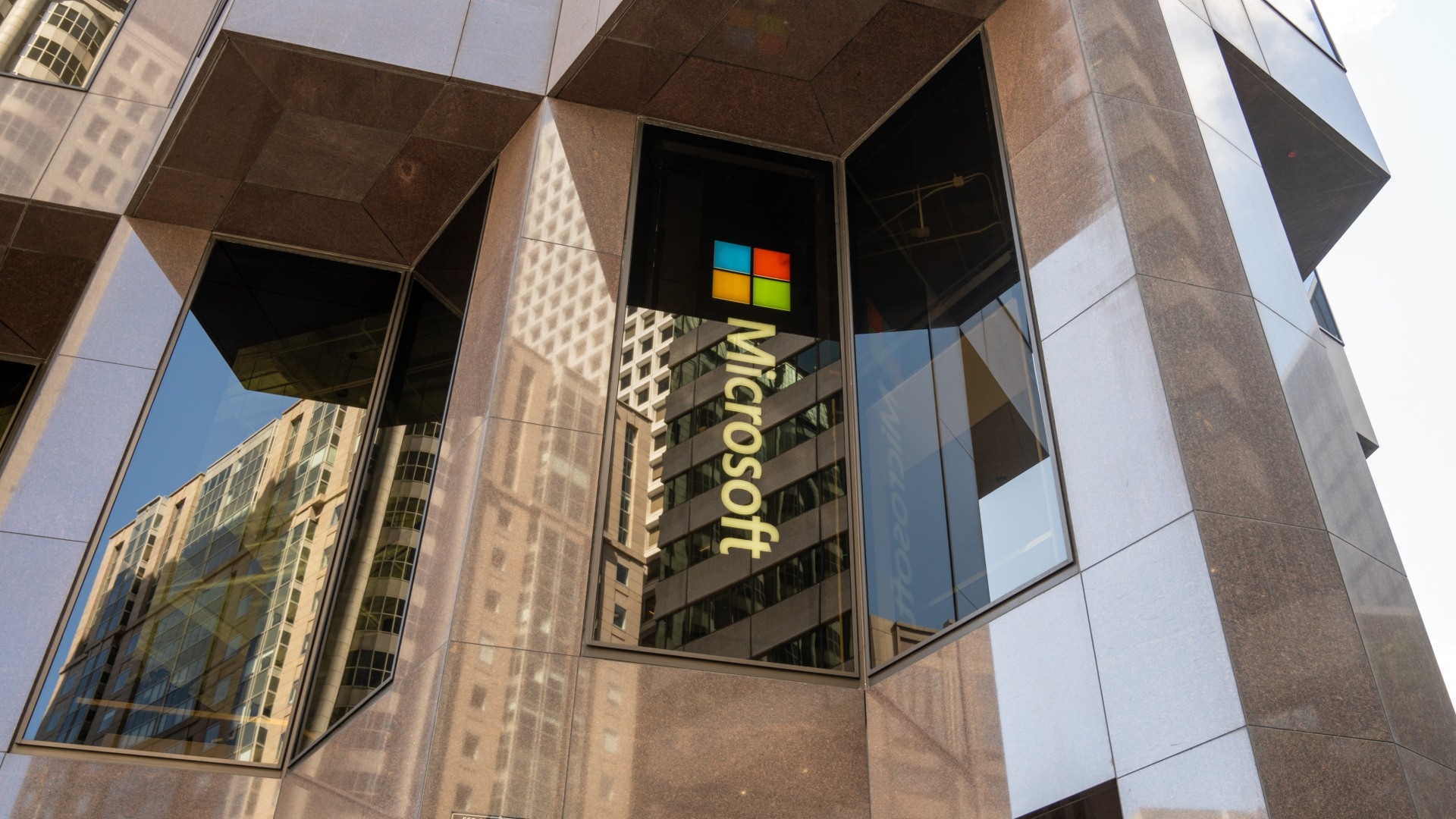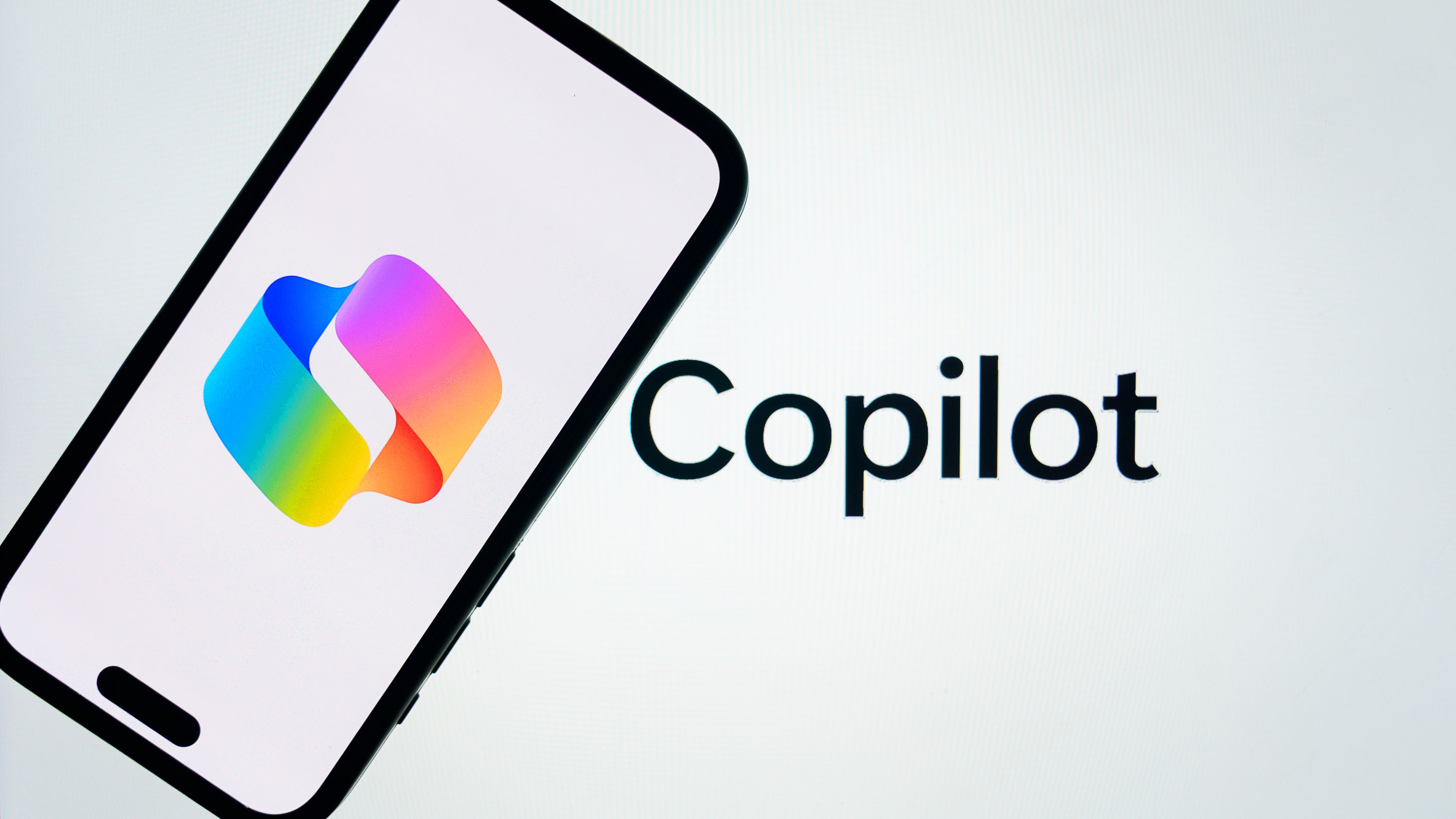Microsoft discovers how most employees feel trapped in an infinite workday — bleeding into weekends and "making Sunday feel like just another Monday"
A lack of a healthy work-life balance has seemingly blurred the lines on when an official workday is supposed to start and end.

All the latest news, reviews, and guides for Windows and Xbox diehards.
You are now subscribed
Your newsletter sign-up was successful
As I've grown older, it's become increasingly clear how difficult it is to maintain a healthy work-life balance. I experienced the same struggle while I was still in school.
At times, it might feel like you're trapped in a hamster wheel trying to meet your threshold at work while simultaneously trying to maintain a healthy relationship with friends and family. However, this often leads to low morale and productivity at work.
According to a recent Microsoft Work Trend Index report released in June, most employees are seemingly trapped in what the tech giant refers to as "the infinite workday."
The research indicates that most employees start their day by 6 AM, even working from their beds. According to data obtained from Microsoft's 365 suite of productivity tools, users leverage this early lead in their day to review priority emails.
While the inbox often serves as the front door to work, Microsoft warns that it's also the key to "a flood of unprioritized chaos," including messages, meetings, and interruptions.
Things don't get any easier once official work hours start as Microsoft Teams joins the fold, with an average worker receiving up to 153 messages per weekday. While it might be easy to brush off the messages and notifications, Microsoft says it's hard to view them as small distractions, especially when they're bundled up, which can cause "a frenetic tempo for the day."
According to Microsoft:
All the latest news, reviews, and guides for Windows and Xbox diehards.
"Our telemetry data shows that, on average, employees using Microsoft 365 are interrupted every 2 minutes by a meeting, email, or notification."
Perhaps more concerning, the study revealed that most organizations tend to set meetings when most people get their productivity spikes, usually between 9–11 AM and 1–3 PM. As such, the hijack prime focus time for employees, killing their productivity and ability to get important tasks done in a timely manner.
What's more, Microsoft Teams messages tend to surge at around 11 AM, making the situation worse on top of the endless cycle of meetings held during peak productivity spike times.
The research further reveals that time allocated for lunch breaks might be a mirage. Microsoft has spotted a surge in Word, Excel, and PowerPoint (WXP) usage during this period as employees attempt to write proposals and analyze data.
Even as the evening rolls around, things don't seem to simmer down. Instead, employees spend this time trying to catch up with the workday's tasks well beyond their shifts. According to Microsoft, "the average employee now sends or receives more than 50 messages outside of core business hours."
Unfortunately, Microsoft says most workers carry over their work into the evenings, spending their time working late instead of bonding with family and their loved ones. The same goes for the weekend, making Sunday feel like just another Monday.
That said, it's becoming increasingly apparent that the average workday for an employee has no clear boundaries on when it is supposed to start and end.
Can AI help? It won't be a one-size fits all remedy
Microsoft says integrating AI into workflows could help alleviate some of these issues, but more can still be done. For instance, the software giant recommends following the 80/20 rule.
As per the Pareto Principle, firms are more likely to revel in success by "focusing on the 20% of work that delivers 80% of the outcomes." The firm claims integration of AI into the fold makes this feat achievable and scalable:
"By deploying AI and agents to streamline low-value tasks—status meetings, routine reports, admin churn—leaders can reclaim time for what moves the business: deep work, fast decisions, and focused execution."
Microsoft also recommends redesigning the work chart with the aim of getting rid of rigid structures that prompt unnecessary friction. Finally, the firm also suggests becoming an "agent boss", where you get to work smarter and efficiently with the aid of AI agents instead of working harder. To each his own.

Kevin Okemwa is a seasoned tech journalist based in Nairobi, Kenya with lots of experience covering the latest trends and developments in the industry at Windows Central. With a passion for innovation and a keen eye for detail, he has written for leading publications such as OnMSFT, MakeUseOf, and Windows Report, providing insightful analysis and breaking news on everything revolving around the Microsoft ecosystem. While AFK and not busy following the ever-emerging trends in tech, you can find him exploring the world or listening to music.
You must confirm your public display name before commenting
Please logout and then login again, you will then be prompted to enter your display name.

